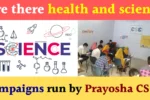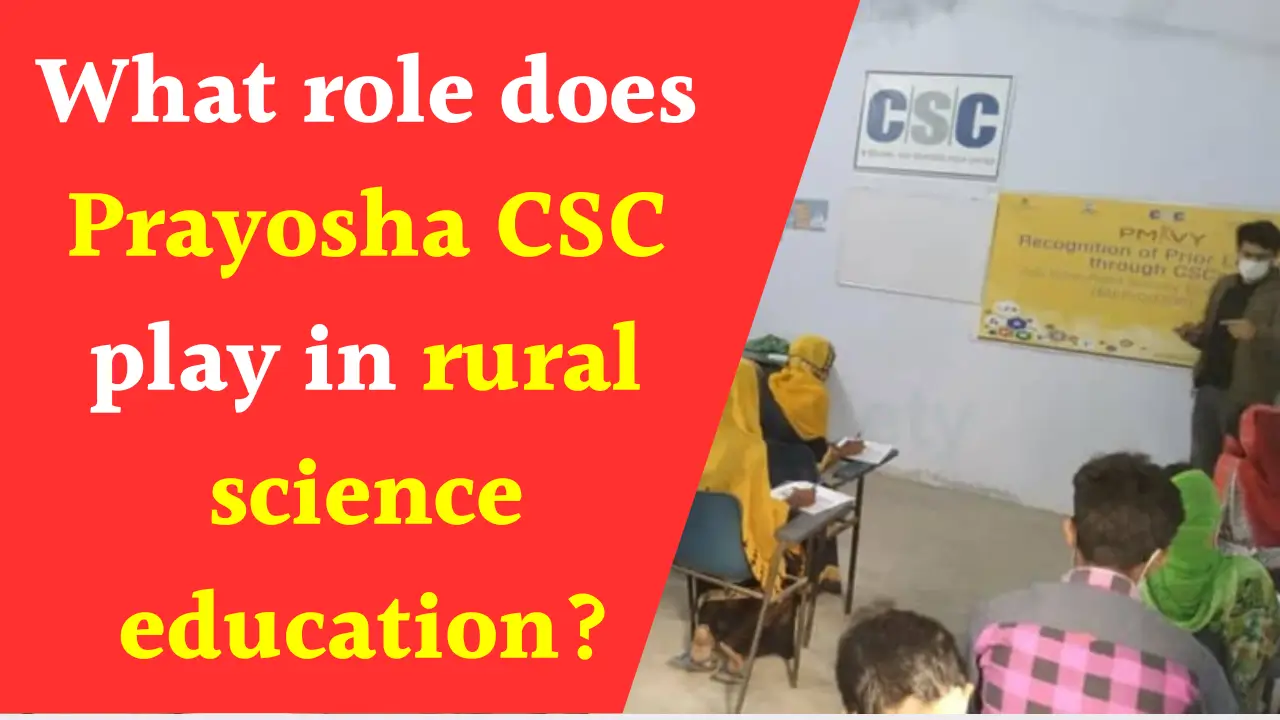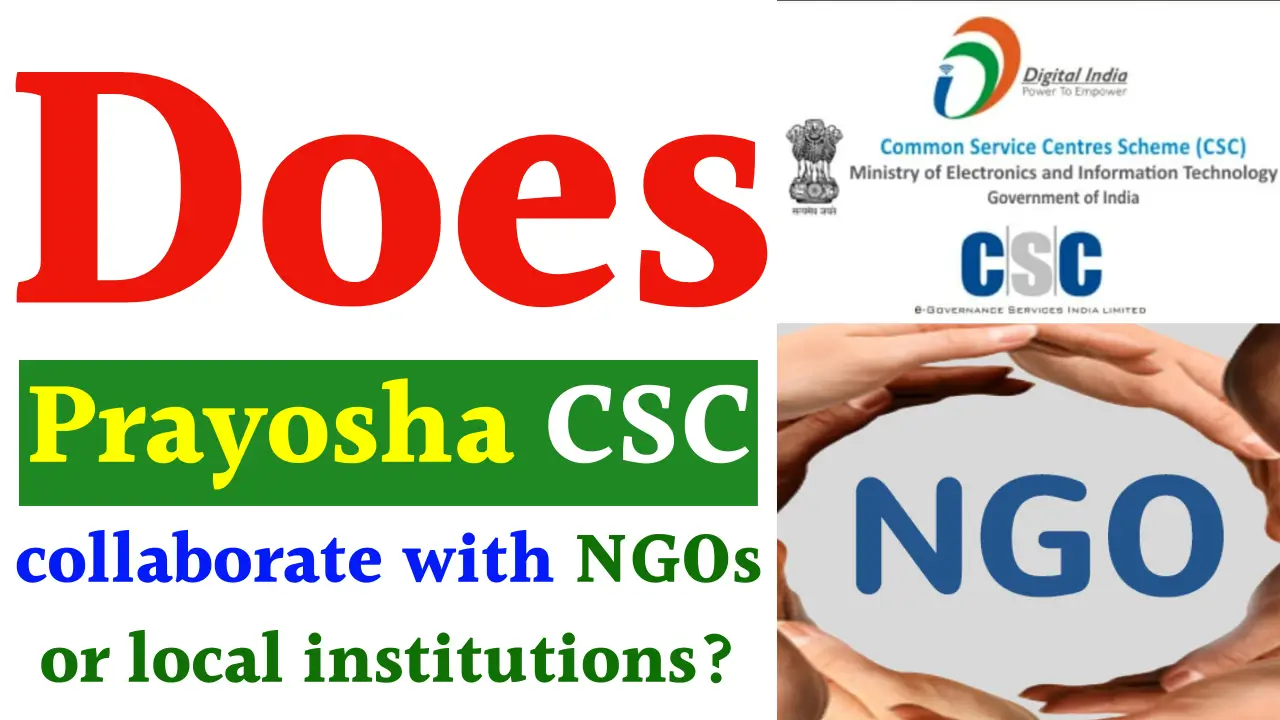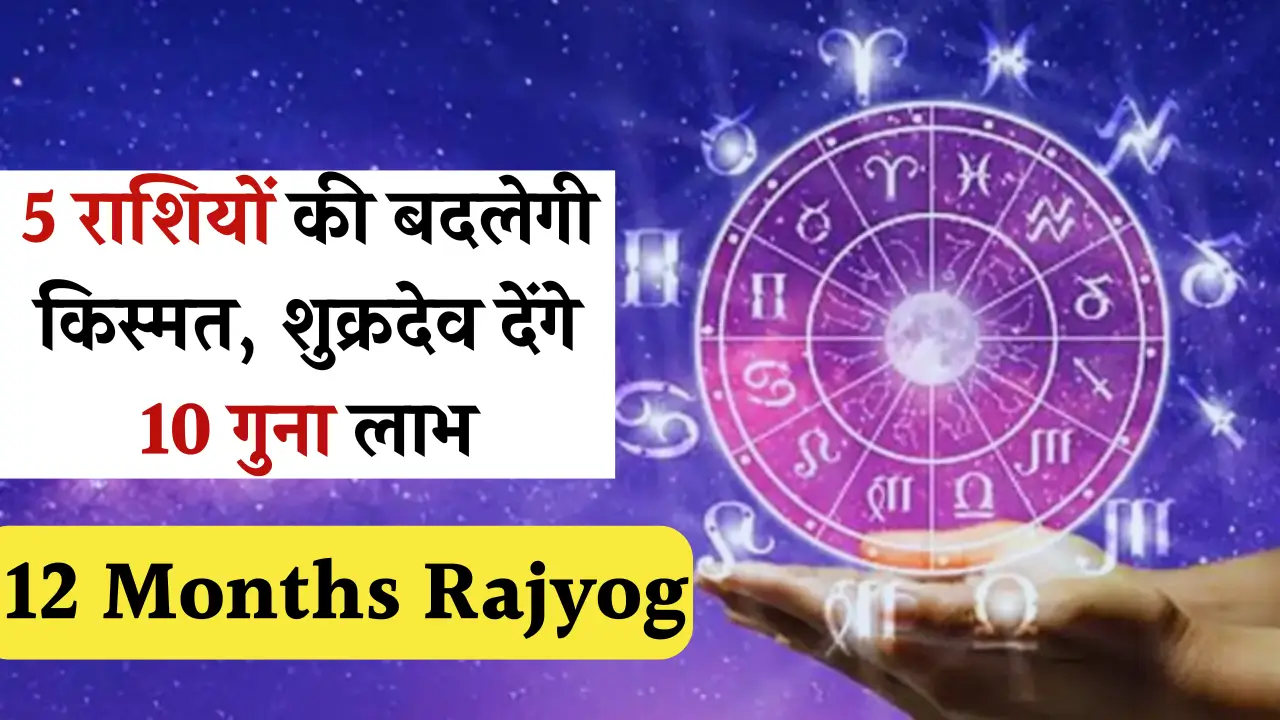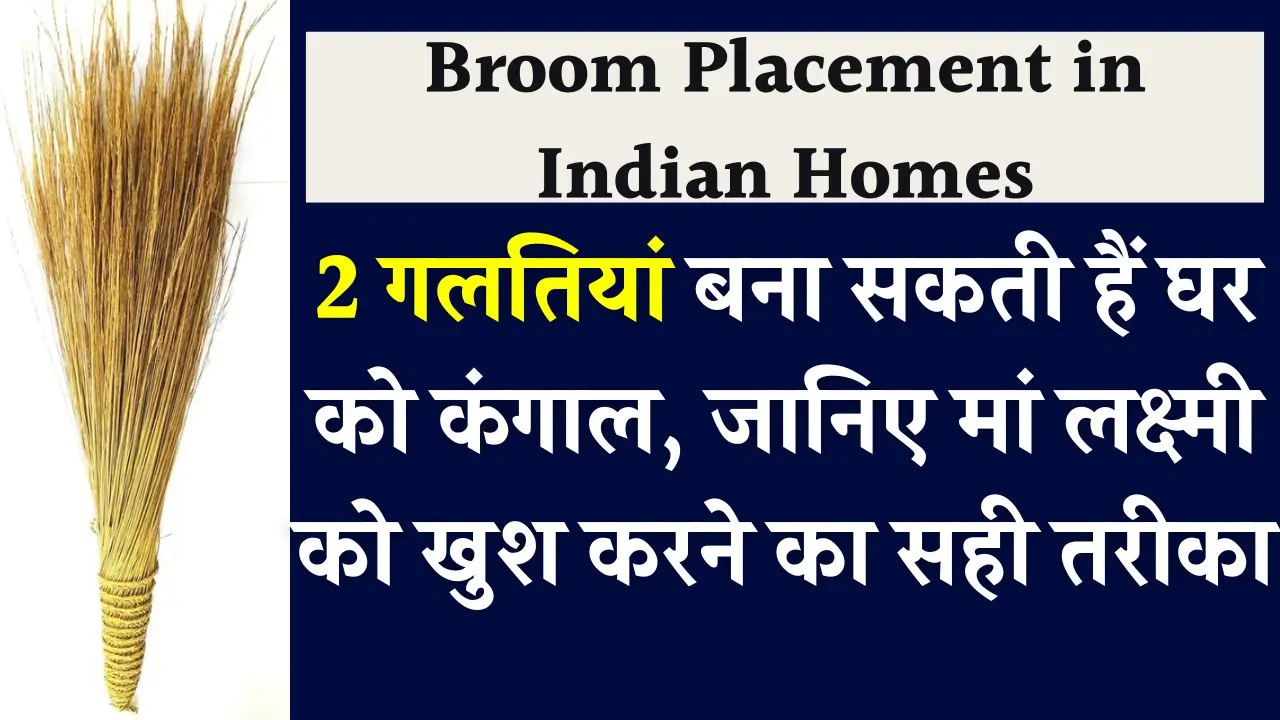Prayosha District Community Science Centre (CSC), located in Dang–Ahwa, Gujarat, is a prominent district-level hub focused on science education, innovation, and community outreach. One of its key missions is spreading awareness about environmental conservation through a blend of hands-on education, public engagement, and targeted youth and rural outreach activities.
Organizational Overview
| Category | Details |
|---|---|
| Name | Prayosha District Community Science Centre – Dang–Ahwa |
| Recognition | Affiliated with GUJCOST (Govt. of Gujarat) |
| District Served | Dang (Headquarters: Ahwa) |
| Core Mandate | Science popularization, teacher capacity, outreach |
| Focus Areas | STEM, Environment, Agri-tech, Health, Disaster Awareness |
| Program Languages | Gujarati, Hindi, Contextual English |
| Key Beneficiaries | Students, teachers, farmers, youth, community members |
Main Strategies for Environmental Awareness
Interactive Education
- Hands-on Demonstrations: Prayosha CSC uses experimental kits and real-world demonstrations to teach school children and community groups about environmental sustainability and conservation methods.
- Climate Change Game Kits: In 2025, specially designed “Climate Change Awareness Science Game Kits” were introduced across 30+ local schools, engaging students through tailored educational games and experiential learning.
- Curriculum Alignment: Modules are mapped to state syllabi in subjects such as biology, chemistry, and geography, covering ecosystems, biodiversity, waste management, and the water cycle.
Community Outreach
- Village Campaigns & Mobile Pop-Ups: The CSC regularly runs mobile science units, bringing environmental education to schools and village clusters, especially in rural and tribal areas where access is limited.
- Eco-Drives and Competitions: Regular eco-campaigns such as tree plantation drives, poster competitions, and local clean-up commemorations are held to boost direct community action.
- Festival Awareness: Special environmental awareness activities are conducted during local festivals, like promoting the use of eco-friendly materials (e.g., clay Ganesh idols) and safe practices.
Capacity Building and Clubs
- Eco-Clubs Formation: The CSC encourages and assists schools in forming Eco-Clubs that lead campus greening efforts, awareness rallies, and sustainable living activities.
- Teacher Training: Continuous capacity-building workshops for teachers equip them to integrate environmental education innovatively into classroom learning.
- Youth as Mentors: Senior students and college youth are engaged as docents, mentors, and facilitators for peer-to-peer environmental learning.
Salient Features of Prayosha CSC’s Program
- District Contextualization: Programs address the unique geography, community needs, and local environmental challenges of the Dang region.
- Inclusive Outreach: Emphasis on reaching marginalized tribal communities, rural students, and girls’ groups to promote socially inclusive environmental stewardship.
- Practical Focus: All workshops and campaigns link science learning to daily problems—such as water purification, waste segregation, composting, and use of renewable energy.
Latest Updates (2025)
- Green Campus Practices: Prayosha CSC has enhanced waste segregation, composting initiatives, and introduced rainwater harvesting demonstration points across its campus.
- Solar Power Expansion: Solar rooftop installations now partially power science exhibits and lighting on-site, reflecting a direct model of clean energy adoption.
- Digital Outreach Growth: Activity videos, downloadable worksheets, and smartphone-friendly lessons are now provided to teachers and students to continue learning beyond the Centre, even in remote areas.
- Expanded Climate Initiatives: New climate-themed science competitions and awareness days were observed in schools across Dang, with active participation from local government and NGOs.
- Internships and Research: Local internships for youth and documentation of case studies on classroom and community impact have been intensified to foster broader policy learning and replication.
Engagement Methods
- On-Campus Sessions (lab visits, maker workshops, exhibitions)
- Mobile Science Fairs (school camps and community days)
- Digital Learning Support (videos, online assignments)
- Maker Challenges (competitions centred around environmental innovation)
- Open Days and Family Science Initiatives (inviting families to experience hands-on environment activities together)
- Mentorship Programs (helping students prepare environmental projects and science fair exhibits)
Key Benefits
- Holistic Understanding: Participants gain a practical and interconnected understanding of environmental issues from renewable energy to biodiversity.
- Behavioral Change: Activities emphasize actionable steps—waste reduction, plastic avoidance, water conservation—that communities can adopt immediately.
- Sustainable Development: Programs foster not just knowledge but also attitudes and skills needed for ongoing sustainable development.
Recommendations for Schools & Communities
- Prepare students prior to visit: Assign curiosity-driven questions related to environmental conservation before CSC events.
- Integrate outcomes: Encourage students to carry out outreach experiments back at home or in their localities and share reflections.
- Sustain engagement: Establish Eco-Clubs and involve parents and community leaders in sustainable living discussions.
Conclusion
Prayosha CSC’s innovative blend of interactive science education, rural and tribal outreach, teacher empowerment, and practical environmental conservation models is making a measurable impact throughout Dang district and beyond. By championing green campus practices, active Eco-Clubs, and a curriculum that links science to daily sustainability issues, Prayosha CSC stands as a model for how science centres can drive environmental awareness and action in India’s diverse communities.



